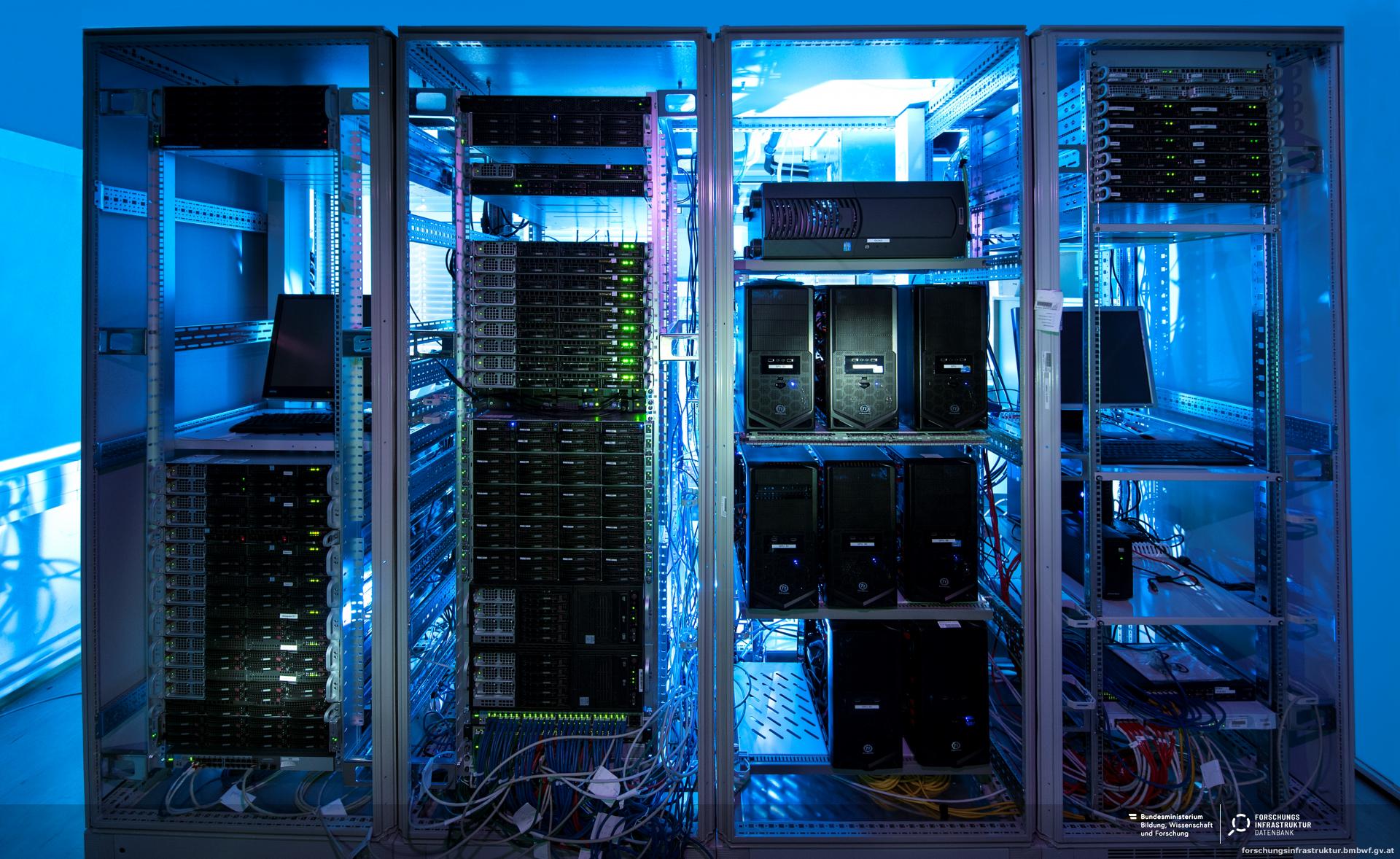If you have been searching on the internet for the hosting types to take your website online, you must have come across Cloud Hosting. Cloud Hosting is a type of hosting that relies on the cloud to store data instead of a physical server. If you are looking for a Cloud Hosting in India, make sure to understand the features they provide before zeroing in on one. However, just using a cloud server may not be the best thing for your website. You need to optimise it to realise its full potential. There are many ways in which you can optimise Cloud Hosting. One of the best ways is to use a CDN for your website.
What is CDN?
Content Delivery Network, or CDN, can be referred to a network of servers dispersed across the globe. CDN networks create static files of your website’s contents by caching files like images, CSS, videos, etc., and stores them on these servers. When a request comes to access these files by the browser, it is fetched from the server that is in a geographically proximate location. This not only reduces the load on the server but also speeds up the performance by reducing latency. Lightning page speed not only enhances user experience but is also valuable for your site’s SEO.
Let us understand this with a practical example. Modern browsers may allow up to six resources at a time per domain. For a website with 120 files, a mix of images, videos and Javascript files, it would take about 20 trips from the browser to the server to load all the contents. However, proper configuration of the CDN can reduce these 20 trips to one single trip, loading page much faster.
Benefits of using a CDN
- Faster content delivery: As explained before, the major reason for using a CDN for your website is that it reduces latency by delivering contents to the browser faster. Faster page speed is essential for business websites, as research suggests that a page loading time of more than 3 seconds can drive away a vast majority of your potential customers. Remember, speed sells.
- Reduced load on the server: CDN works by caching the files stored on the server. Thus, every time a request occurs to access these files, it is provided by the CDN, rather than the server. This reduces the load on the server, especially during peak hours of traffic.
- An added layer of security: Although Cloud Hosting is considered the most secure option available, CDN works by creating an added layer of security. In the event of cyberattacks or any malicious attempts, CDN acts as the first line of defence. Thus, the server where your actual files are stored can be protected.
- Global outreach: Typically, the hosting companies have their data centres in one particular region or the country. This is true even for Cloud Hosting providers. But by using a CDN, your global outreach is enhanced multiple times. These networks allow your user to access the server from across the globe.
- Increase in concurrent users: CDN provides better data threshold, which means a greater number of users can visit the website concurrently.
- Cost savings: If you are looking to expand your website reach across the globe, CDN is the most cost-effective way of doing so. This way, you don’t have to purchase expensive hosting in foreign countries.
- Lower bandwidth consumption: Bandwidth is the single most important factor when it comes to handling traffic spikes and server maintenance. Using a CDN reduces your server bandwidth, adding to the savings of maintenance.

Drawbacks of using a CDN
- Additional cost: Though there are many free CDN available but utilising the premium features and add-ons can be pricey. The cost may vary on the traffic and your site’s contents.
- Location restrictions: Few countries block the CDN domains of certain providers. This may disrupt the user base for your website in those countries.
Conclusion:
As we can see from the discussion above, the pros of using a CDN outweighs the cons. However, not all websites need a CDN. If you have a business website which is experiencing growth in visitors from across the globe, then CDN may be the best solution for you. Also, CDN does have a major impact on site speed and frequent downtimes. So, for a website lying in these categories, installing a CDN becomes a necessity. There is a common misconception among users of Cloud Hosting in India that they don’t need a CDN for their website as it is already hosted on the cloud. CDN network can improve the performance of Cloud Hosting and makes your data more secure.
You may also like
-
How Your Organization’s Machine Learning Processes Can Be Improved With Python
-
How Can a Salesforce Development Company Help You?
-
Outsourcing Web Development Services: Company or Freelancer?
-
Things To Consider When Hiring A Web Development Company
-
Tips That Can Help Businesses Improve Their Web Designing Trends in 2019

